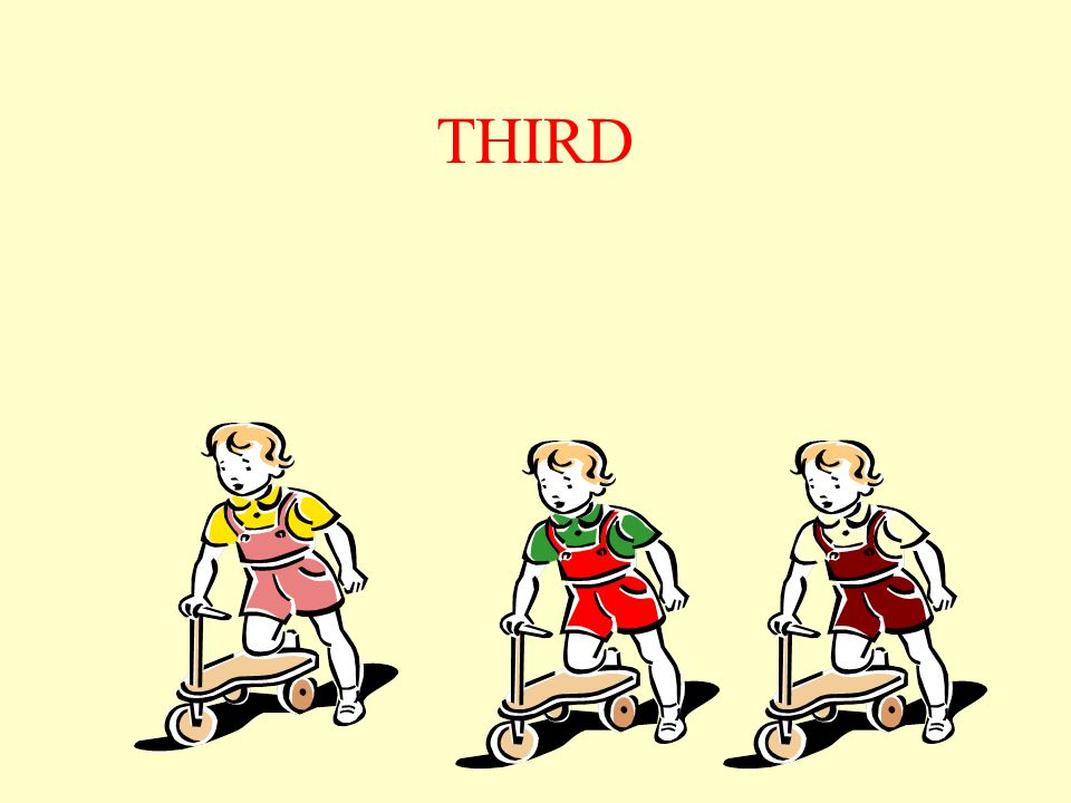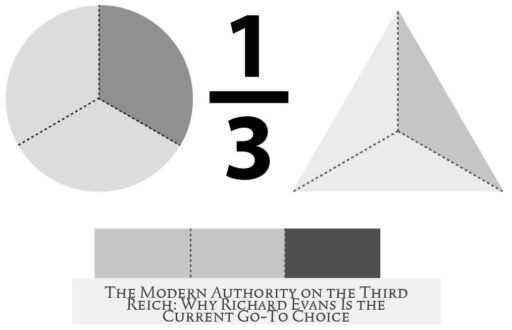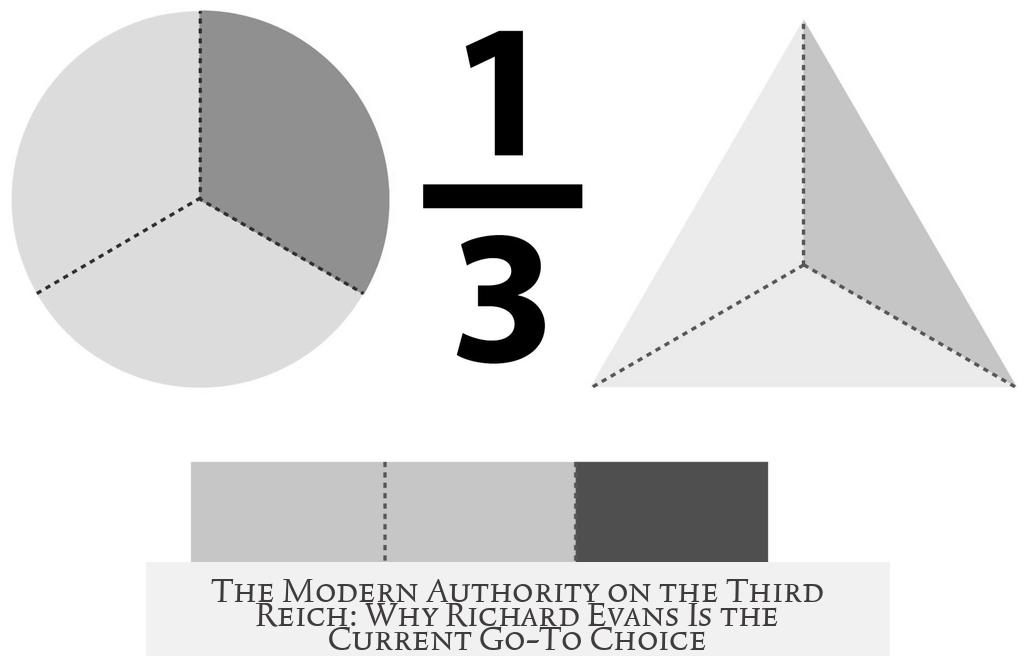The current go-to book on the Third Reich is Richard J. Evans’ comprehensive trilogy on the subject, which represents the most up-to-date and authoritative scholarship available today. While William L. Shirer’s The Rise and Fall of The Third Reich was groundbreaking in its time, historians now rank it as dated and flawed due to advances in research and historiographical methods.

Shirer’s work, published in 1960, offered an eyewitness-style narrative drawing on personal experience and contemporaneous documents. However, since then, scholars have gained access to broader archival sources and applied more rigorous analysis to Nazi Germany. This has led to revision and deeper understanding of both the regime and its complex social, political, and economic contexts.
Richard Evans, a preeminent historian of modern German history, addresses these gaps with his trilogy:

- The Coming of the Third Reich (2003) – Examines Nazi rise to power within the context of Weimar politics.
- The Third Reich in Power (2005) – Details Nazi rule from 1933 to 1939, focusing on society, institutions, and ideology.
- The Third Reich at War (2008) – Focuses on the Second World War period, including the Holocaust and Germany’s military campaigns.
Evans uses extensive archival work and recent scholarship to provide a balanced, nuanced account of Nazi Germany. He avoids sensationalism and acknowledges complexities in ideology, resistance, and collaboration.
For readers interested in why Shirer’s treatment is now considered outdated, detailed critiques highlight Shirer’s sometimes selective use of sources and lack of access to later archives. A useful discussion can be found by historian u/kielsowskifan here, outlining these limitations and the evolution of Third Reich historiography.

Key takeaways:
- William Shirer’s book is historically important but outdated and contains flaws by modern standards.
- Richard Evans’ Third Reich Trilogy forms the current foundational work on Nazi Germany.
- Evans’ work reflects updated research, broader archival access, and modern historiographical approaches.
- Further reading helps explain the historiographical shift from Shirer to Evans.
The Current Go-To Book on the Third Reich: Beyond Shirer’s Classic

Historians say The Rise and Fall of the Third Reich by William L. Shirer is dated and flawed in today’s time. What does that mean for readers eager to understand one of history’s darkest chapters? It means it’s time to look at the modern scholarship stepping in to fill that gap.
Shirer’s work, first published in 1960, was groundbreaking. It gave millions a detailed narrative of Nazi Germany. Yet, as history marches forward, so do our methods and understandings. Researchers now uncover new documents, employ fresh perspectives, and challenge earlier conclusions. So, while Shirer’s book remains a classic, it no longer holds the title of the most comprehensive or current resource on the Third Reich.

Wondering why? Let’s start there.
Why Is Shirer’s Book Considered Dated?

Shirer was a journalist with firsthand experience in Nazi Germany. His account is vivid but heavily reliant on the sources available at that time—some of which are now considered incomplete or biased.
Historians note Shirer’s narrative sometimes leans more on storytelling than on rigorous analysis. He was also limited to Cold War-era insights, lacking access to archives that opened decades later.

To dive deeper into the specific critiques, there’s an excellent, detailed breakdown by the Reddit user u/kielsowskifan. This post unpacks how later historians view Shirer’s interpretations as too simplistic or influenced by the times he lived in.
Enter Richard Evans: The Modern Authority
Today, if you want the gold standard on the Third Reich, you have to look at the work of Richard Evans. His monumental “Third Reich trilogy”—covering the rise, the rule, and the downfall of Nazi Germany—is the go-to source for serious students and history buffs alike.
- Volume 1: The Coming of the Third Reich (2003) explores the birth and growth of Nazism with fresh insights on society, politics, and ideology.
- Volume 2: The Third Reich in Power (2005) details Hitler’s reign, revealing how the regime controlled everyday life.
- Volume 3: The Third Reich at War (2008) covers the devastating conflict and eventual collapse, including the Holocaust’s horrors.
What sets Evans apart? His work integrates newly available archival material. He avoids simplistic villainy, providing nuanced interpretations grounded in extensive academic research. Evans writes with a balanced tone—neither sensational nor dry—making dense history digestible for all readers.
Benefits of Choosing Evans Over Shirer
Opting for Evans’s trilogy offers several clear advantages:
- Updated Scholarship: Evans uses the latest primary sources and research, reflecting decades of historians’ debates.
- Nuanced Analysis: His work explores the complexity of Nazi Germany’s social, political, and economic fabric.
- Critical Perspective: Unlike earlier works, Evans highlights how many Germans were complicit, not just victims or villains.
- Comprehensive Coverage: The trilogy spans from the Weimar Republic’s collapse to Nazi defeat, offering a full panoramic view.
This makes Evans’s works essential reading for anyone wanting a serious and current grasp of the Third Reich’s history.
Practical Tips for Readers Exploring Third Reich Histories
- Start with Evans for modern perspective. His trilogy is dense but rewarding. For newcomers, try reading “The Coming of the Third Reich” first to understand how the Nazis capitalized on German turmoil.
- Use Shirer for narrative flavor. Even if dated, Shirer’s book offers dramatic storytelling that helps visualize the era.
- Dive into curated summaries or reviews. If you’re short on time, online discussions (like in the AskHistorians subreddit linked above) or historical podcasts can offer distilled insights.
- Complement with specialized works. For example, books focusing on the Holocaust, Nazi propaganda, or resistance movements provide focused depth.
By layering books from different eras, you gain a richer and better-rounded understanding of such a complex topic.
Final Thoughts: Why Does This Update Matter?
History isn’t static. As new documents emerge and societies reflect on the past, interpretations evolve. Using updated works like Evans’s means embracing current knowledge rather than outdated assumptions.
Besides pure accuracy, modern scholarship offers deeper lessons. It helps us understand human behavior, authoritarianism, and the consequences of hatred with sharper clarity. Isn’t that what studying history should do?
If you’re serious about understanding the Third Reich in 2024, then reading Evans’s trilogy isn’t just recommended—it’s essential. And while Shirer’s narrative built the foundation for many, it’s time to build on that foundation with stronger, more nuanced bricks.
So, ready to dive into the most comprehensive account of Nazi Germany? Start with Richard Evans, and let history reveal its layered truths like never before.




